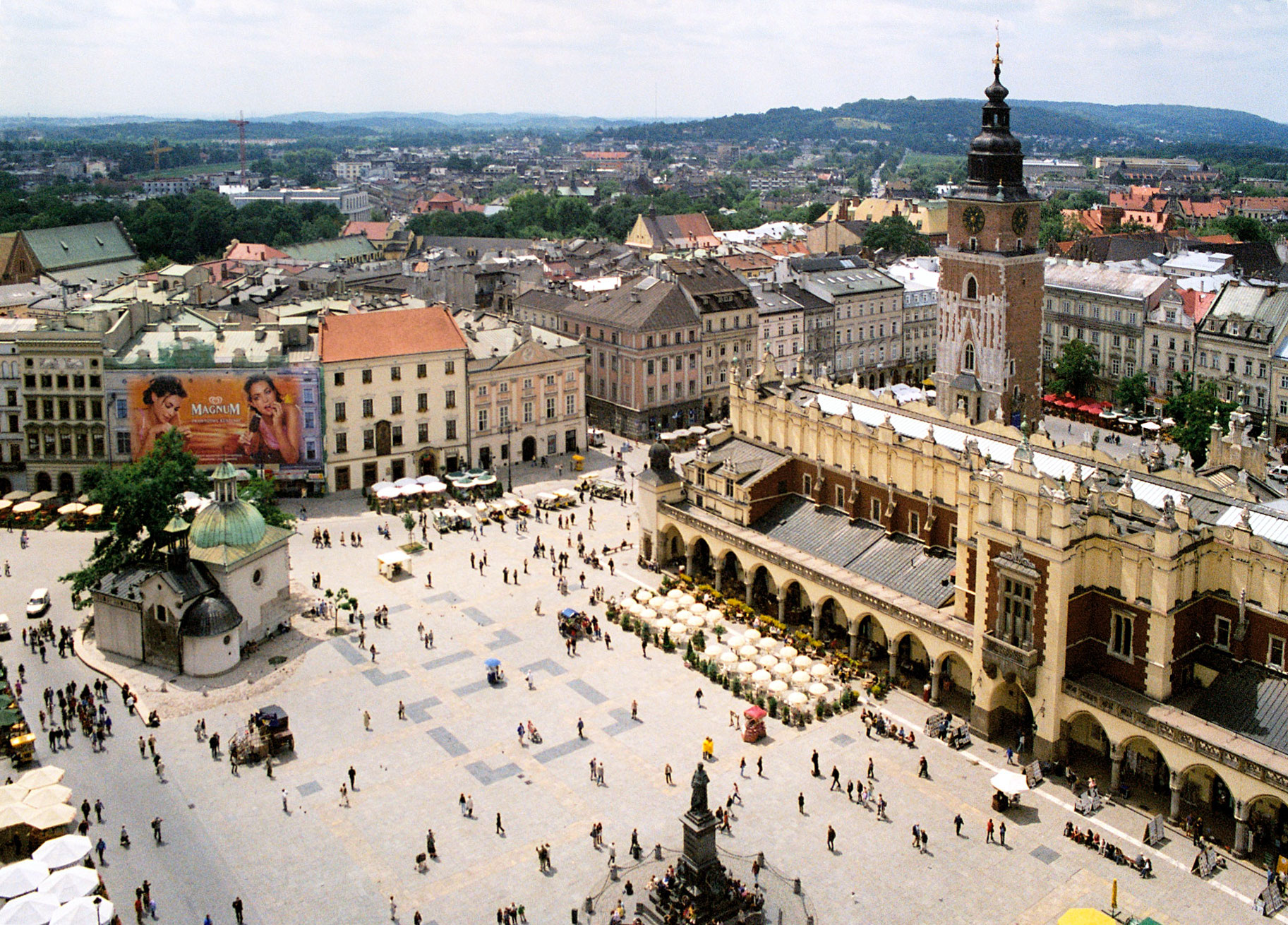 Czyzewo is where it all started. This was the town where my great-great-grandfather Moishe Scwartz married my great-great-grandmother Paja Rythenberg, the town my great-grandfather Joseph left from to hit the US. Thanks to our terrific guide, we now know that 3 previous generations of Schwartzes (now Stewarts) lived in and around Czyzewo. It was and is a small farming community a couple hundred km NE of Warsaw. There's not much to do there today, meaning it must have been really bad years ago. I'm glad my great-grandfather left, as he must have been bored senseless, not to mention under-employed and discriminated against. Also, there's the matter of me not being here if he hadn't left.
Czyzewo is where it all started. This was the town where my great-great-grandfather Moishe Scwartz married my great-great-grandmother Paja Rythenberg, the town my great-grandfather Joseph left from to hit the US. Thanks to our terrific guide, we now know that 3 previous generations of Schwartzes (now Stewarts) lived in and around Czyzewo. It was and is a small farming community a couple hundred km NE of Warsaw. There's not much to do there today, meaning it must have been really bad years ago. I'm glad my great-grandfather left, as he must have been bored senseless, not to mention under-employed and discriminated against. Also, there's the matter of me not being here if he hadn't left.We had just about the best day you can in the field of genealogical research. Our guide took us directly to the relevant locations, frequently bypassing lengthy lines of cranky Poles via a mixture of Government Savvy and heavy flirtation with the armada of middle-aged lady overseers. Immediately he dialed up the original books of handwritten records: marriage records, birth records, and death records. With a tiny bit of oversight, we were permitted to paw through these willy-nilly.
First we found the marriage record for Moishe and Paja (in 1890!). From that document, which listed their parnets -- brand new information for us -- we were able to research backwards, digging up assorted marriage and birth certificates until we got back to approximately 1815, which is around when Napoleon instituted the system anyway. It was a homerun of a day.
Before this, we didn't know anything except that my great-grandfather - Moishe - lived in Czyzewo. Today I know about 15 or so more ancestors, including information about where they lived, the time they lived, and- in some instances - even their occupations. (Lots of "day workers" in there, oddly.)
I must say, there is an incredible level of comfort connected to knowing that your family came from somewhere, that they just didn't show up from nowhere. My great-grandfather came over to New York alone, which has cultivated a lone wolf image in my mind, a feeling of cultural isolation. Anti-Semitism aside, it's evident that the Schwartzes were very much part of the Czyzewo community, that they had a home.
 For those Polish-speakers out there, this is the official documentation of my great-grandmother's birth certificate from the Lomza vital records office, from 1865. Wow!
For those Polish-speakers out there, this is the official documentation of my great-grandmother's birth certificate from the Lomza vital records office, from 1865. Wow!
























